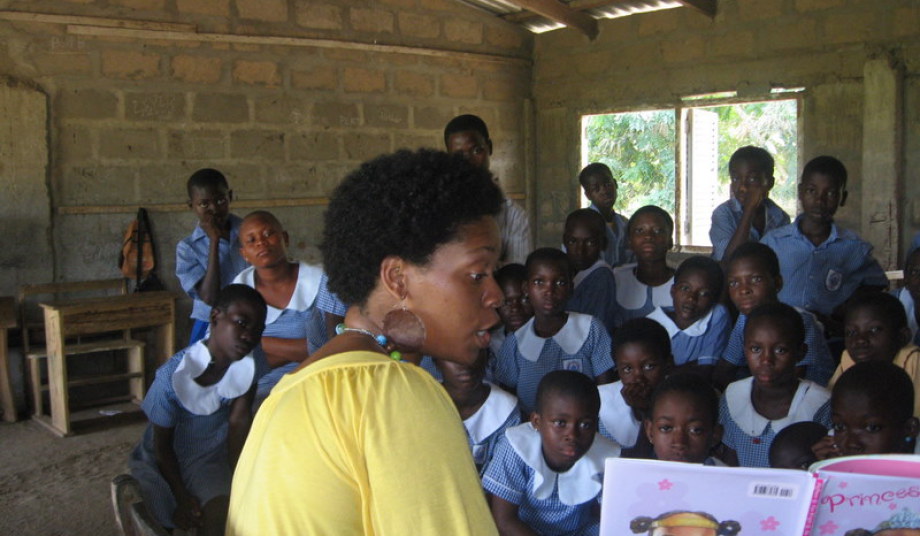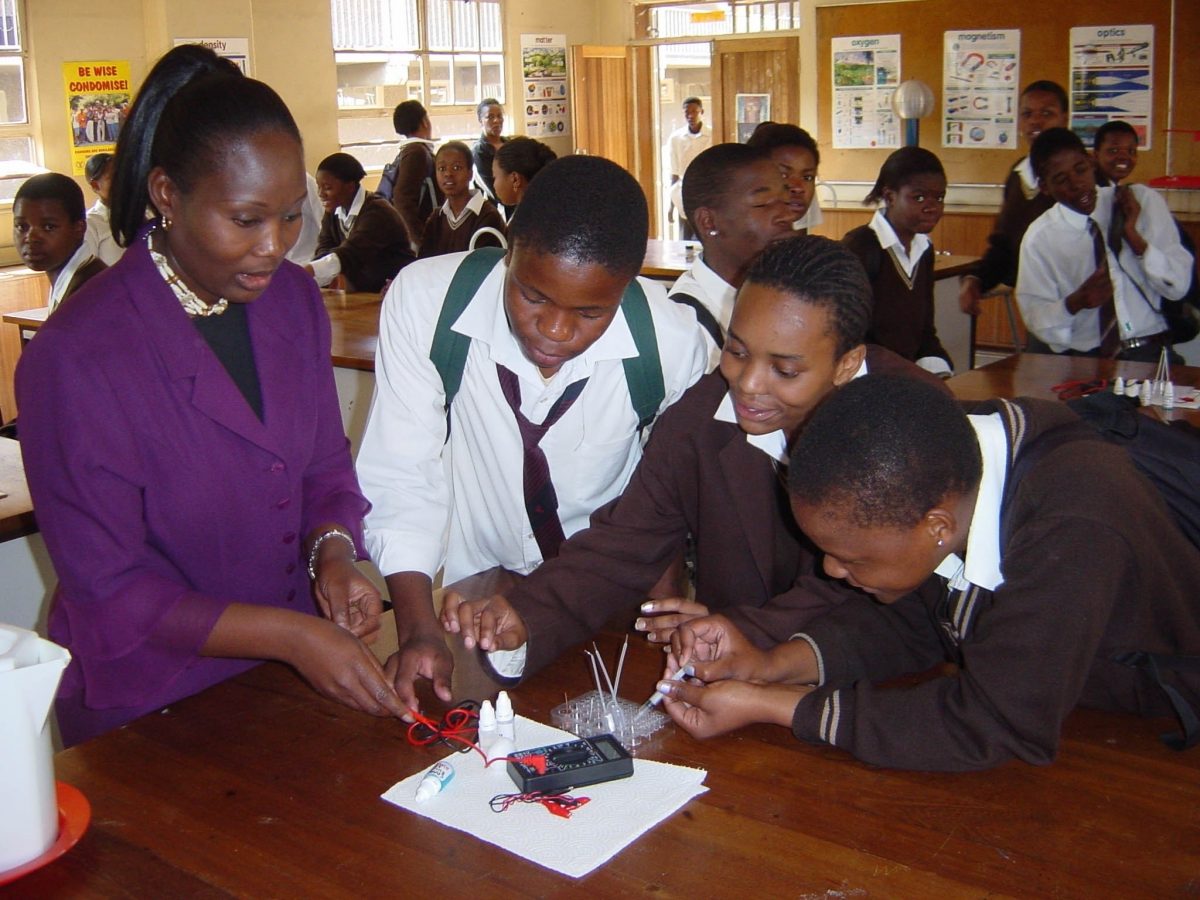In Ethiopia’s education setup, females have been largely marginalized for long (since the inception of modern education to the last few decades). As a consequence of the patriarchal socio-cultural system, female students’ had no equal right to participate in schooling.

Education is a key priority area of the government’s development endeavors over the last two decades with the strong conviction that quality education and skill based training are the basics for achieving human development and critically linked to broad-based economic growth and democratic governance.
These days, more females in Ethiopia have access to better education than ever before. The enrollment rate and the number of fields of studies and disciplines in higher education institutions have significantly increased as compared to the previous years.
Promising results have also been registered in improving the quality of education through implementing General Education Quality Improvement Program (GEQIP). Establishing a transparent, accountable and efficient system at every educational hierarchy is given due attention and as a result; encouraging achievements have been recorded over the years.
Participation of female student has been increasing from time to time. As different research outcomes depict, some factors are highly contributing for the aforesaid results. In the previous days, females’ education enrollment was very minimal due to early marriage, low awareness of the community towards female education, among others. Females themselves were not effectively fought for the respect their rights.
So far, the ministry of education is working aggressively to address the existing problems and to increase the involvement of female students in higher education. According to Elizabeth Gesesse, Gender Directorate Director at the Ministry, nowadays participation of females in higher education is showing great progress as compared to previous days. But, there remains a lot to be done and the society should encourage female students through providing them with financial and moral support.
She further noted that there are many factors contributing to gender disparity. “Our culture does not encourage women to participate in every social aspect. The same is true when we come to female education enrollment. Early marriage, low awareness of the society about the role of female education in improving social wellbeing, the presence of few women role models, girl’s expectation, extensive household chores, and religious indoctrination are some of the factors that contribute to low female school enrollment rate.”
The other point that should be raised here is political and institutional factors, including limitations in empowering women, policy implementation and other interventions.

Low quality of education and teaching learning process, poor school culture, and distance from home to school and teachers’ attitude towards female students are also mentioned as major factors in schools that contribute to low female school enrollment rate, especially in rural areas. What is more, females have domestic work burden than males. All these factors make female students not to be competitive with their male counterparts in schools, she underlined.
Harassment is also another factor that contributes to low female school enrollment. From home to the social environment, female students are forced to terminate their education.
The other hindrance is directly related to economic factors. Inability to cover school expenses, prospects of low economic return and parental investment behavior are some of the factors that should be mentioned here.
So, in every community, members have a burden to avoid such attitudinal, cultural, political and economic barriers and encourage females to go to schools, she stated.
The communities should develop sense of belonging to address females’ existing problems and enable them participate effectively in the education sector. Females also should withstand existing challenges to become equally competitive with males, she added.
The Ministry is also working aggressively to avoid the negative attitudes in various communities towards females’ school involvement through facilitating various platforms.
On the other hand, relatively, higher education female students’ participation is increasing when compare with the result obtained with last year’s same period.
“There are critical issues that require extraordinary efforts to improve female students’ enrollment in higher education. The Ministry fully understands the scope of challenges confronting the education and training system and is working with greater zeal and commitment focusing on improving the learning outcome of female students, skill training and employability of the female students as well as quality and relevance of higher education,” she said.
She further said that by the year 2014/15, some 253,057 female students were enrolled in higher education institutions. The majority, i.e. 84.8 per cent, of these female students were enrolled in government institutions, whereas private institutions cover 15 per cent. The later may need greater enhancement.
The share of the regular program from the total undergraduate enrolment is 54 percent. Totally undergraduate female students in higher education were 34.14 percent. In 2015/16 totally 265,851 female students were graduated, she said.
Female student enrollment has shown dramatic change over the years and promising progress has been recorded in narrowing gender gap at schools. By and large, at this critical time, higher education female students’ enrolment hit 35 percent but this does not mean that it is sufficient, Elizabeth said.
As the saying goes, ‘One single hand can’t clamp,’ without the participation of females, it is unthinkable to ensure sustainable economic development. Thus, all stakeholders working in the area should support female students so as to enable them contribute their share to the ongoing development.

